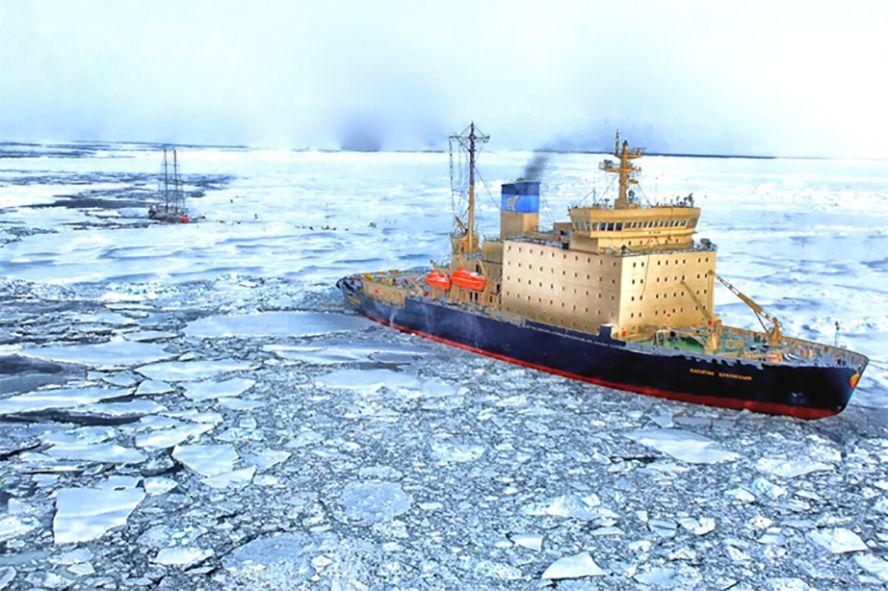-

Hear from Professor Monica Toft
Learn how Professor Monica Toft is shaping the study of global affairs and diplomacy at Fletcher.
Hear from Prof. Toft -

Explore Fletcher academics in action
Fletcher Features offers insights, innovation, stories and expertise by scholars.
Get global insights -
Get application tips right from the source
Learn tips, tricks, and behind-the-scenes insights on applying to Fletcher from our admissions counselors.
Hear from Admissions -

Research that the world is talking about
Stay up to date on the latest research, innovation, and thought leadership from our newsroom.
Stay informed -
Meet Fletcherites and their stories
Get to know our vibrant community through news stories highlighting faculty, students, and alumni.
Meet Fletcherites -

Forge your future after Fletcher
Watch to see how Fletcher prepares global thinkers for success across industries.
See the impact -

Global insights and expertise, on demand.
Need a global affairs expert for a timely and insightful take? Fletcher faculty are available for media inquiries.
Get in Touch
Fletcher’s 10th Annual Arctic Conference
The Fletcher School virtually gathers to discuss the state and significance of the Arctic region.

On Friday, February 26th, The Fletcher School convened the annual Fletcher Arctic Conference for the 10th year in a row. The Fletcher community has long acknowledged the foreign policy implications of the Arctic region and that studying the region is critical to ensuring global harmony.
This year’s conference theme was Inflection Points: Security, Conservation & Adaptation in the Arctic, and featured a keynote address by U.S. Coast Guard Commandant Admiral Karl Schultz. Panel discussions took on topics such as “Preventing and Responding to the Growing Environmental Threats to the Arctic Ocean,” “Adapting for an Unknown Arctic Future,” and “The Changing Nature of Arctic Security.”
Previous keynote speakers at the conference include former Secretary of State, and United States Special Presidential Envoy for Climate under the Biden administration, John Kerry, former Icelandic President Olafur Grimsson, and former Ambassador Mark Brzezinski.
In his welcoming remarks at the conference, Professor Rockford Weitz, director of Fletcher’s Maritime Studies Program, reflected on the challenges facing the Arctic region today and how Fletcher is uniquely positioned to study those complex problems: “The Arctic Ocean region is witnessing heightened geopolitical competition as global climate change causes sea ice to recede, increasing potential access to hydrocarbons and minerals. Over the last 10 years, ‘near-Arctic’ countries, including China, Japan, South Korea, Britain, and many European Union members, have engaged the eight Arctic countries. Even Singapore, only 100 miles north of the equator, has Observer Status at the Arctic Council. Fletcher’s multidisciplinary approach – combining the perspectives of diplomacy, history, and politics with those of international law and multilateral organizations, as well as international economics and global business – provides a useful analytical framework for understanding these trends.”
In her closing remarks at the conference, Dean Rachel Kyte emphasized the global importance of the Arctic region: “We have a decade to save the Arctic so that the Arctic can continue to play its unique role as the planet’s thermostat and home to peoples, cultures, nature and resources. The Arctic’s future can only be supported if we can understand its importance from different perspectives - of commerce and trade, security, nature, climate science, and culture and rights. At Fletcher we approach the Arctic from each one of them and are committed to be part of the search for successful governance of this important region.”
Check out details, including the full agenda, of the 2021 Fletcher Arctic conference, as well as past conferences, here.
Learn more about Fletcher’s Maritime Studies program here.

